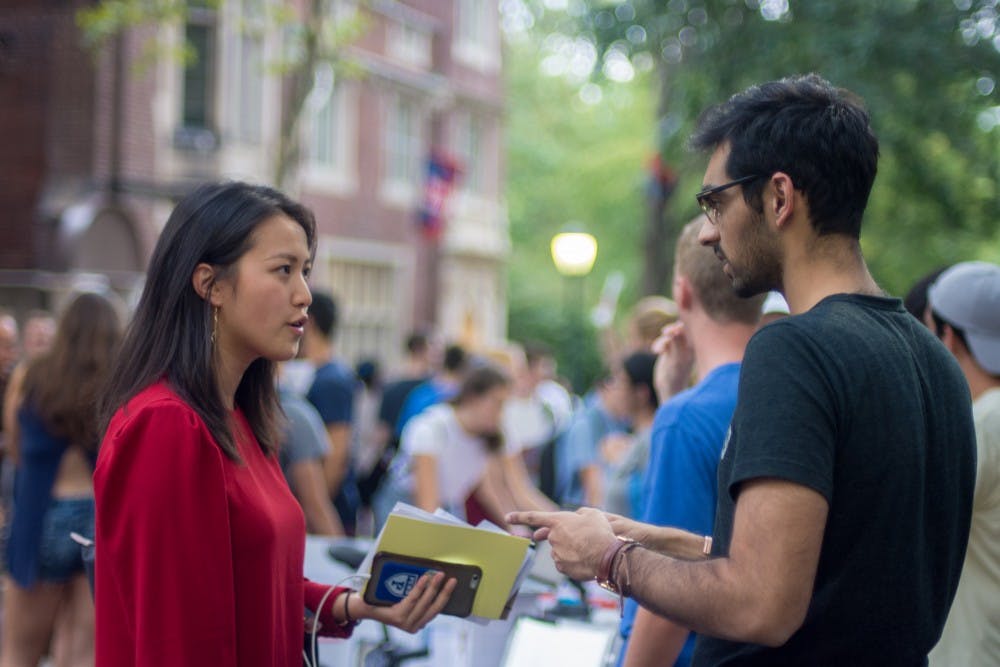
Every year, federal guidelines prevent Penn and the Student Activities Council – the branch of student government tasked with funding over 200 of the student clubs on campus – from funding philanthropic groups that give their proceeds to charity.
While Penn makes billions of dollars in revenue annually, the University is technically a nonprofit organization. This means that unlike a for-profit organization that can assign surplus funds as bonuses to employees, Penn has to plough any surplus funds back into University coffers to be used later for a "public purpose" such as research.
Student clubs that host charity events do not qualify as a valid expenditure. Over the years, these federal guidelines governing nonprofit organizations have barred student groups from receiving funding for charity events on various occasions.
“The University is not allowed to give money to a student group for a charity event because it then ends up being a donation by the University to that charitable organization,” Executive Director of Office of Student Affairs Katie Bonner said.
This also means that coalition groups such as SAC cannot donate funding from their University account to a charitable organization because those funds would be considered as an inadvertent donation from the University.
These guidelines prevent SAC from providing resources to groups that are seeking funds to host charitable events.
“Based on our policies our recommendation is to not fund [a charitable] event,” he said. “It’s a University policy,” said SAC Chair and College and Wharton senior Edward Jing.
Last year, two clubs were denied funding as a result of this policy.
Penn’s chapter of Colleges Against Cancer was denied contingency funding from SAC for their annual Relay for Life event, which raises money for cancer treatment, research and education. The group was denied funding since all proceeds are given to the American Cancer Society, a nonprofit institution.
CAC’s representative for SAC and College senior Colleen McGrath said in an email that she understood why her club was denied funding: “While I am not completely versed on the SAC guidelines, they do seem pretty strict, and they are in place for a reason.”
“It can be frustrating, as aspects of the budget requested, such as food or staging equipment, can be very expensive, and it is very difficult for us to get these items donated in the capacity that we need for the event to be successful,” she added.
While the group was able to organize a significant amount of food through donations, it wasn't enough to accommodate all of the participants at the event, she said.
Penn’s Society for International Development had a similar experience. They were denied funding for their annual Global Art Benefit event where they auction off donated artwork and give the proceeds to an international development organization of their choice.
Like CAC, the group was denied funding as the event's earnings would go to a nonprofit organization.
“We applied knowing that there was a pretty strong chance that we would be denied because of SAC policy,” SID President and College senior Hari Magge said. “But we applied anyway hoping that SAC would make an exception for a charity event open to the Penn community.”
All clubs that are denied contingency funding have the opportunity to appeal the SAC executive board's decision in front the greater SAC body at the group's general body meeting, but according to Magge, SID was told by SAC not to pursue this option.
“Someone on SAC told our finance chair that the guidelines are pretty clear, and it’ll be a waste of our time,” he said. “As a result, our contributions to our organization were less than it could’ve been."
The Daily Pennsylvanian is an independent, student-run newspaper. Please consider making a donation to support the coverage that shapes the University. Your generosity ensures a future of strong journalism at Penn.
Donate




